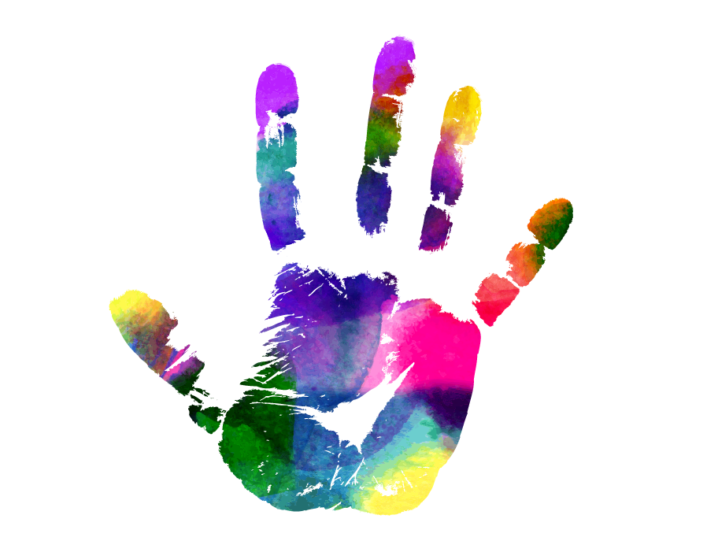DEI Toolkit: Education

Definition of education
1a : the action or process of educating or of being educated also : a stage of such a process
b : the knowledge and development resulting from the process of being educated
Source: Merriam-Webster Dictionary
For many years, education has been seen as the great equalizer. But is it really? Or does it actually further increase the divide in this country? We have long thought that providing a free public education to all would alleviate the divide between races, genders and social classes in the U.S. But it hasn’t had the desired effect: What we work towards as an organization is educational and pay equity for women, which is perhaps even more important today. So, has education really changed much?
Interestingly, the dictionary entry includes as an example of the use of the word — “a person of little education.” Of all things that could have been said, this was selected as the focal point — and what is the impact of that? Well, it probably makes you think of people who are uneducated, illiterate, untrained, inexperienced and unqualified. That list of negative attributes could continue, and therein lies the rub and opens us up to treat people differently based on this dimension of diversity.
Nowhere in the definition of education does it specify that education means through formal institutions. In fact, that’s probably the biggest misconception about education. What most of us think of as education is actually credentialing and obtaining a degree. This is not the same as being educated. Credentialism is also plagued by the effects of racism, sexism, and socio-economic inequality — and research has shown that race, gender, and socio-economic status also impact access to institutions of higher learning.
As the world around us continues to evolve, there are those advocating for us to reconceptualize how we think of education. Alternative notions of what being educated means have emerged. These include characteristics, such as being able to think freely and critically, learning and working independently, taking initiative, questioning assumptions and the ability to establish rapport and interact with others. Society is changing and recent events have shown us that we have to learn to adapt and be flexible in unprecedented ways: This includes our views on education. Restricting membership based on credentialing limits our ability to innovate and stifles our capacity to creatively lead into the future.
Readings:
- Print Materials:
- Websites:
- 50 Characteristics of an Educated Person
- What Must an Educated Person Know
- The Curriculum of Necessity or What Must an Educated Person Know
- Credentialing vs Educating
- Unequal Opportunity: Race and Education
- Educational Discrimination in the Workplace
- Is it discriminatory to require applicants to have a college degree?
- How Systemic Racism Infiltrates Education
- National Opportunity to Learn Network
Videos:
Related
Dimensions of Diversity & Identity

Key Terms & Concepts

Getting Started with Difficult Conversations

